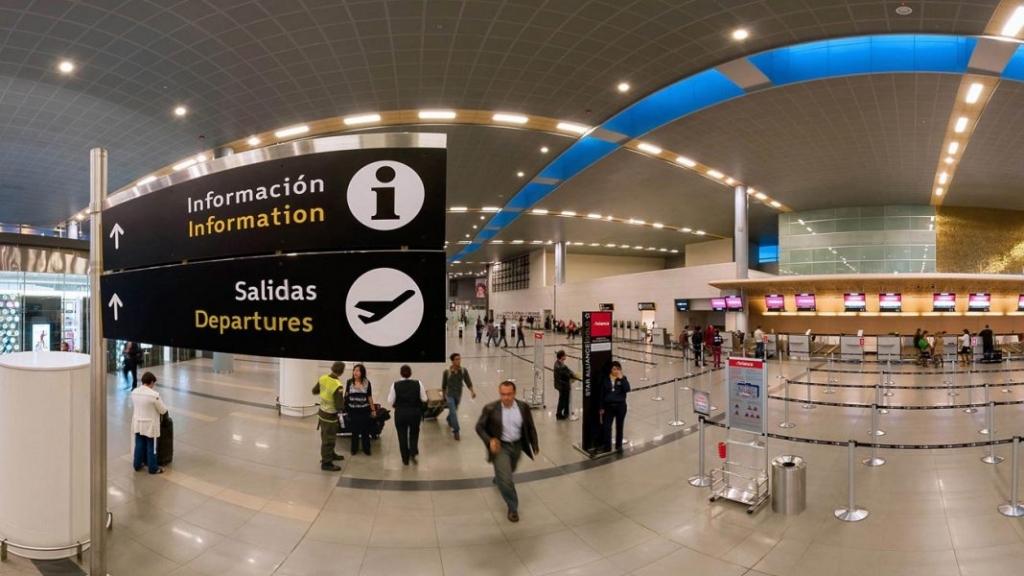Currently, the airline industry generates 7.2 million jobs in the region, which connects with 160 cities around the world through 2.6 million flights a year, according to recent IATA data. To make it more competitive, Amadeus joined ALTA to build a Competitiveness Index where the different factors and conditions that affect the development of air operations in the region are identified and analyzed.
“The factors that we have chosen are those that we consider have an immediate weight and impact on the operation of the airlines and on the well-being of the industry in general, considering all the actors. These are: infrastructure, taxes and fees, the facilitation of processes for passengers within airports, the release and opening of air transport, the willingness of citizens of a country to travel and technology and digitalization.We aim to continue performing this index every year and measure how different countries are improving in terms of competitive conditions for the airline industry, “says Elena Avila, executive vice president of airlines at Amadeus for the Americas.
The analysis highlights Argentina in the following points:
Government-industry work to grow domestic traffic
Decentralization of the hubs, today it is possible to travel without going through Buenos Aires
“The Aircraft Revolution” has helped open hundreds of new routes, deregulating internal prices and encouraging the arrival of new players to the market.
Argentina is the third country in the region, behind Chile and Brazil, in the access and development of digital technologies
“The strengthening of the industry not only benefits airlines, but also countries and their population in general, since aviation has a very important catalytic effect: by increasing the connectivity of a country, more employment opportunities are generated , business and tourism and development benefits for many sectors of the economy, “adds Elena Avila.


